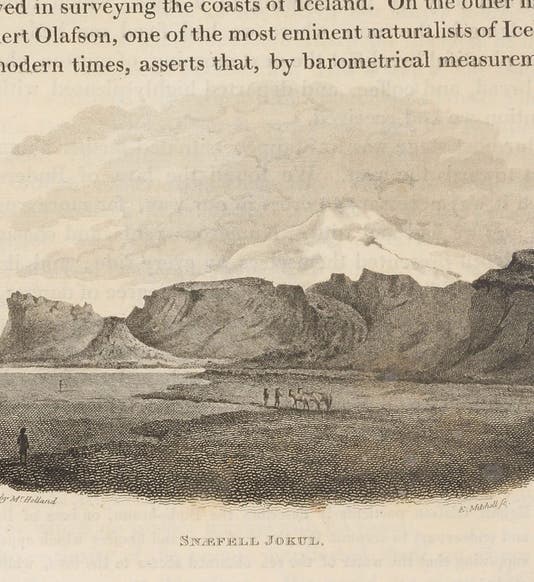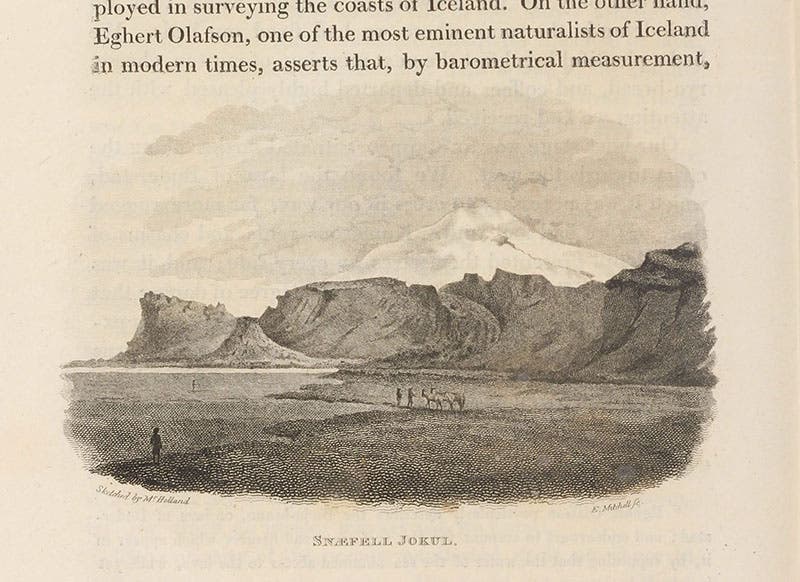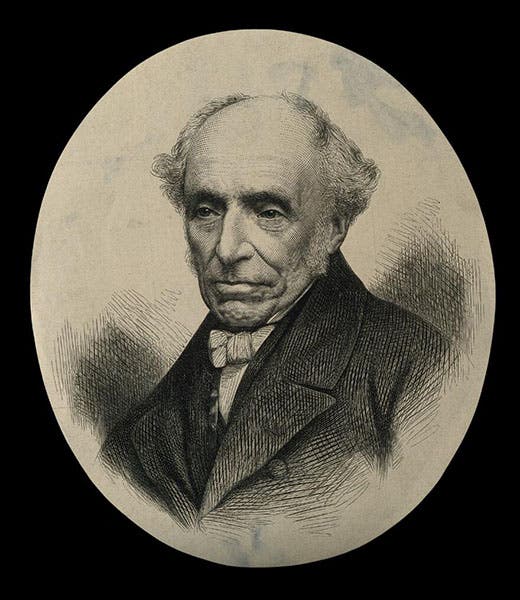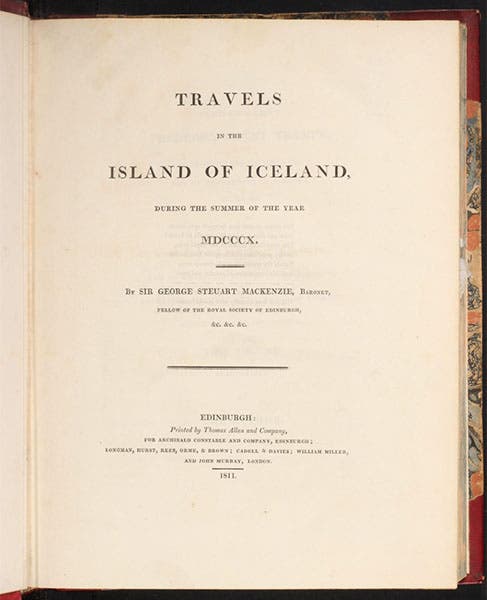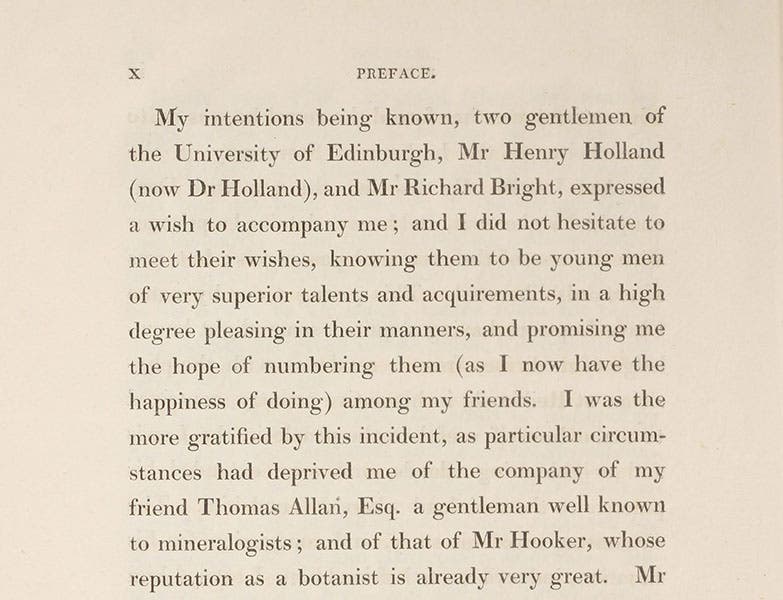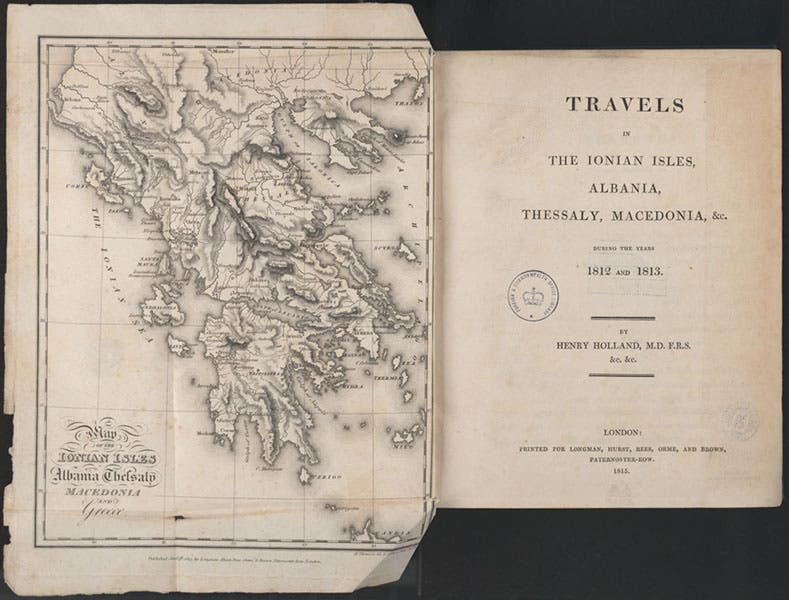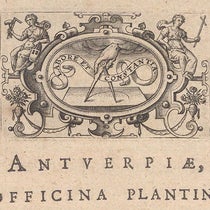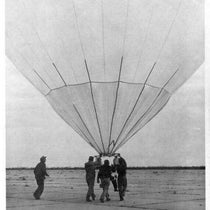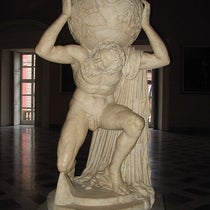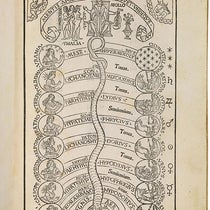Scientist of the Day - Henry Holland
Henry Holland, an English physician, was born Oct. 27, 1788. Holland was physician to quite a few distinguished Victorians, including Queen Victoria herself, who made Holland a Baronet in 1853. He was also one of the physicians who attended Charles Darwin, during the years in the 1840s when Darwin fell victim to a mysterious life-long illness. Holland diagnosed Darwin's malady as "repressed gout," an interesting syndrome, and as his prescribed treatments did not seem to bring any improvement, Darwin went off to seek the hydrotherapy establishment of Dr. Gully in Malvern, and later made a few disparaging comments in his correspondence about Holland’s competence as a physician and a scientist.
But we forgive Holland for any medical shortcomings (and remember, his most distinguished patient, Queen Victoria, lived to the age of 81), because of his enlightened views on the efficacy of travel. Beginning at age 21, Holland devoted two months of every year to travel, and he never missed a year. He went to Iceland, Europe, the Middle East, the Far East, the United States (he saw Niagara Falls five times, and even journeyed to the headwaters of the Mississippi), and to the British possessions in Canada. In his autobiography (or rather, as he calls it, his Recollections (1872), since it is quite unsystematic), he has this to say about travel:
The month of life often differs greatly from the month of the almanack; and nothing better illustrates this than the act of travelling. It expands and multiplies time by the rapid succession of events crowded into a given period, and may in this way be fairly said to lengthen the duration of life.
He made his last trip, to Russia, when he was 85, and died shortly thereafter.
We have a book in our collections that describes of Holland’s very first trip, to Iceland, in 1810, the year after Darwin was born. The principal traveler for this occasion was the Scottish geologist George Steuart Mackenzie, who brought along several young companions from the medical school at Edinburgh, Holland and Richard Bright. Mackenzie wrote about the adventure, calling his book: Travels in the Island of Iceland during the Summer of the Year MDCCCX (1811), and he credited Holland for his valuable contributions in the preface (fourth image). In fact, he allowed Holland to write the lengthy first chapter, on the history and literature of Iceland, and he even included a sketch drawn and signed by Holland as one of the book’s tailpieces (first image). We have written a post about Mackenzie and his book, where you may some of Mackenzie’s own sketches of Hekla and Geyser and the like. Holland’s other companion, by the way, Richard Bright, later became a distinguished physician at Guy’s Hospital in London and first identified an affliction of the kidneys that is now known as Bright’s disease.
We do not have Holland’s Recollections in our collections, nor do we have any of the travel books he wrote on his own. We show here the titlepage and map frontispiece to a book Holland published in 1815 about a visit to Albania and the Ionian Isles, from a copy at King’s College, London (fifth image).
Being so distinguished in his own day, Sir Henry has not only an oil portrait in the National Portrait Gallery, but a portrait bust as well, and several portrait engravings. But I must say, as a character study, I prefer a wood engraving of 1873, which was used for several of his obituaries, and which we chose for our second image.
William B. Ashworth, Jr., Consultant for the History of Science, Linda Hall Library and Associate Professor emeritus, Department of History, University of Missouri-Kansas City. Comments or corrections are welcome; please direct to ashworthw@umkc.edu.

